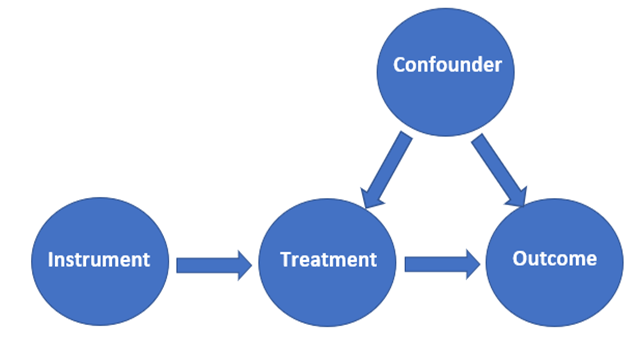Causal inference refers to an intellectual discipline that considers the assumptions, study designs, and estimation strategies that allow researchers to draw causal conclusions based on data.
The dominant perspective on causal inference in statistics has philosophical underpinnings that rely on consideration of counterfactual states. In particular, it considers the outcomes that could manifest given exposure to each of a set of treatment conditions. Causal effects are defined as comparisons between these ‘potential outcomes.’
For instance, the causal effect of a drug on systolic blood pressure 1 month after the drug regime has begun (vs no exposure to the drug) would be defined as a comparison of systolic blood pressure that would be measured at this time given exposure to the drug with the systolic blood pressure that would be measured at the same point in time in the absence of exposure to the drug.
The challenge for causal inference is that we are not generally able to observe both of these states: at the point in time when we are measuring the outcomes, each individual either has had drug exposure or has not.
